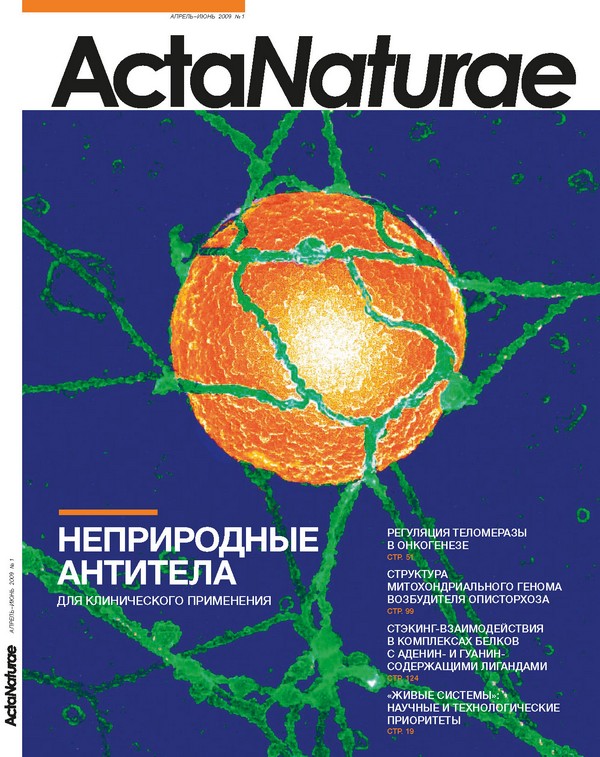Full Text
Resistance to antibiotics is of great social and economic importance and is regarded as a threat to the national security of any country and the global community as a whole. Among the bacterial agents of different infections, resistance to some antibiotics can reach 98%. Infections caused by antibiotic-resistant strains are distinguished by their significant duration, they often require hospitalization, they increase the length of hospital stay, and they often worsen the prognosis for a disease [
1]. If the chosen medicines turn out to be ineffective, the doctors have to use second- or third-order medicines, which are often rather expensive, less safe, and not always available. All these facts increase direct and indirect economic expenditures, as well as cause a risk of antibiotic-resistant strain propagation. Causative agents of intracellular infections such as mycoplasmas and chlamydiae are characterized by high antibiotic resistance. Treating mycoplasmosis and clamidiosis with a wide range of antibiotics is almost ineffective due to the quick formation of resistance to these medicines, and, as a result, the development of virus persistence in the organism. In connection with this, it is essential to create alternative therapeutic agents which will not cause or limit antibiotic resistance. Antimicrobial peptides (AMPs) may be such therapeutic agents. They represent a unique and quite diverse group of compounds which make up a major component of the natural immunity of all organisms [
2]. Compared to antibiotics, antibacterial peptides have the following advantages: a wider range of antibacterial action, functional activity at micromolar concentrations, the absence of virus resistance to antimicrobial peptides, and the synthesis capability of natural peptide analogues with altered biological properties.
About the authors
Scientific Research Institute of Physical–Chemical Medicine
Email: lazar0@mail.ru
ul. Malaya Pirogovskaya 1a, Moscow, 119992, Russia







